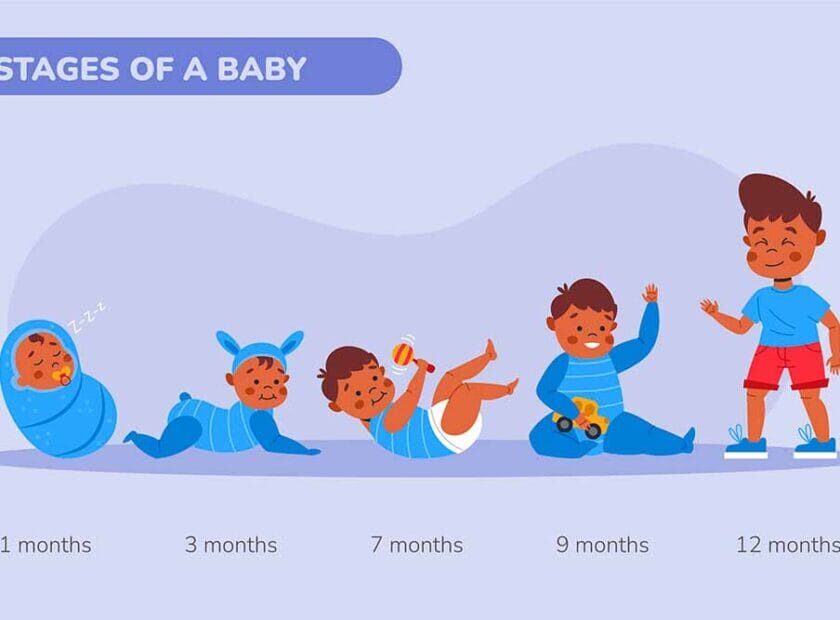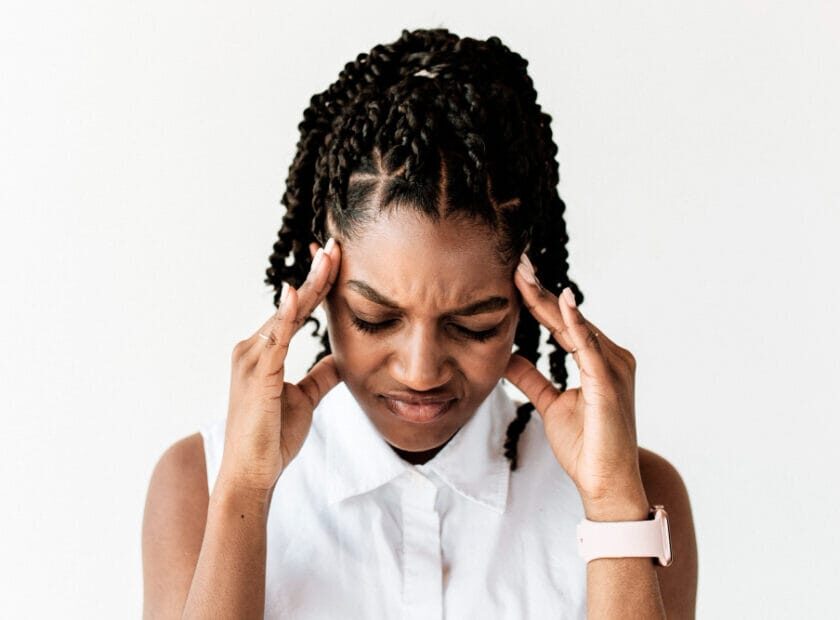Dizziness is a term used to describe feelings of being lightheaded, unsteady, faint, or having a spinning sensation (vertigo). It’s a common symptom with many possible causes, ranging from minor issues like dehydration to serious conditions like heart problems or strokes.
Common Symptoms of Dizziness
- Lightheadedness: Feeling like you might faint
- Vertigo: A spinning or whirling sensation (you or your surroundings feel like they’re moving)
- Unsteadiness: Trouble with balance or feeling wobbly
- Blurred vision
- Weakness or fatigue
- Nausea or vomiting
🚨 When to Seek Emergency Medical Help Immediately 🚨
Go to the nearest emergency room or call for help if dizziness is sudden or severe and comes with:
- Chest pain, pressure, or tightness
- Shortness of breath
- Severe headache
- Blurred or double vision
- Trouble speaking or confusion
- Weakness, numbness, or paralysis (especially on one side of the body)
- Fainting or near-fainting episodes
- Fast or irregular heartbeat
These could be signs of a heart attack, stroke, severe dehydration, or other life-threatening conditions.
Also read: Essential Nutrients for the Body
Common Causes of Dizziness
- Heart and Blood Circulation Issues
- Low blood pressure (hypotension): Especially when standing up quickly
- Heart conditions: Arrhythmias, heart attack, or heart failure
- Anemia: Low red blood cell count reducing oxygen to the brain
- Dehydration or blood loss
- Brain and Nervous System Conditions
- Stroke or transient ischemic attack (TIA)
- Migraine-associated dizziness
- Brain tumors or infections (like meningitis)
- Seizures
- Inner Ear Problems (Balance Disorders)
- Vertigo (BPPV): Triggered by head movements
- Labyrinthitis or vestibular neuritis: Inner ear infections
- Meniere’s disease: Inner ear fluid buildup causing dizziness and hearing loss
- Metabolic and Systemic Causes
- Low blood sugar (hypoglycemia): Common in diabetics
- Thyroid problems
- Dehydration or electrolyte imbalance
- Medications and Substance Use
- Side effects of medications: Blood pressure meds, sedatives, diuretics
- Alcohol or drug use
- Psychological Factors
- Anxiety or panic attacks: Can cause lightheadedness and dizziness
- Hyperventilation: Rapid breathing reducing carbon dioxide levels
Diagnosis of Dizziness
A doctor may perform:
- Physical examination: Checking heart rate, blood pressure, and balance
- Neurological tests: To assess brain function
- Hearing and eye movement tests (for vertigo)
- Blood tests: To check for anemia, infections, blood sugar, etc.
- ECG or heart monitoring (if a heart problem is suspected)
- Brain imaging (CT scan or MRI): If stroke or brain injury is suspected
Treatment of Dizziness
Treatment depends on the cause:
- For Dehydration or Low Blood Pressure:
- Drink fluids
- Lie down with feet elevated
- Adjust medications if needed
- For Inner Ear Issues (Vertigo):
- Canalith repositioning maneuvers (Epley maneuver)
- Vestibular rehabilitation exercises
- Medications (anti-nausea, dizziness suppressants)
- For Heart or Blood Problems:
- Medications to control heart rate, blood pressure, or correct anemia
- Emergency care for heart attacks or strokes
- For Anxiety or Panic Attacks:
- Breathing exercises
- Counseling or therapy
- Medications if needed
- For Low Blood Sugar:
- Quick sugar source (juice, candy) followed by a balanced meal
Self-Care Tips for Mild Dizziness
- Sit or lie down immediately to prevent falling
- Move slowly when changing positions
- Stay hydrated
- Avoid caffeine, alcohol, and smoking
- Reduce stress through relaxation techniques
Key Takeaways
- Dizziness can be caused by simple issues like dehydration or serious conditions like a heart attack or stroke.
- Seek emergency care immediately if dizziness comes with chest pain, severe headache, weakness, speech problems, or fainting.
- For mild or occasional dizziness, rest, hydrate, and consult your doctor if it persists.
- Accurate diagnosis is key to proper treatment, especially for recurring or severe symptoms.
If dizziness persists, worsens, or affects your daily life, consult a healthcare provider promptly.




